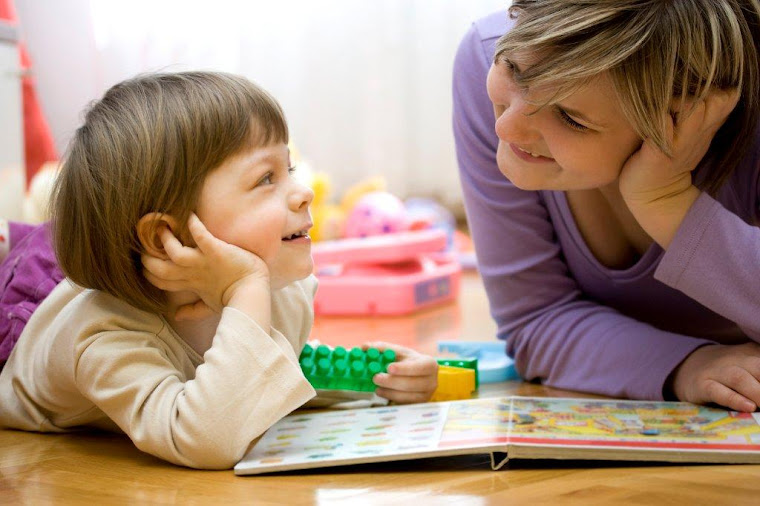When I was young, as all great stories start, parents were generally unsophisticated in their medical knowledge. There was no internet, some families possessed books like an 'encyclopedia of family health' but many people relied on home remedies, old wives' tales and common sense. Many children suffered severe illnesses like cancer and heart disease but the medical and pharmaceutical knowledge of the time meant that their lives were often shortened and they lived as invalids. So in many ways, they were the bad old days.
Today with improved knowledge and communication we seem to have become much more health aware.
As parents, nannies and childcare workers we do all in our power to foster children's health by
- ensuring our children receive the full program of immunisations so that the old childhood illnesses like diphtheria, polio, mumps etc are no longer as prevalent in the community
- fostering healthy eating
- encouraging exercise
- building mental health and resilience
- being aware of stages of development and responding when there are difficulties
BUT
When our children our sick, often our common sense flies out the window.
- Baby has a sniffle
- Littlie has diarrhoea or vomits
- Munchkin has a temperature
Now there can be many factors behind this:
- we don't want our little one to suffer or to be out of sorts
- we are also fearful this might be the start of something worse
- we are frustrated because a sick child means someone may have to stay home from work to care for the child, or emergency care arrangements made
- we may feel guilty that somehow we haven't taken good enough care of our child
- we are still learning what is normal for children.
What I am saying is to keep a sense of perspective. We are comfortable to put a sticking plaster on a child with a scrape on the knee, give a kiss and say 'all better now', yet will get medical attention if there is a lot of bleeding or it hurts a child to move a limb. The number of parents who now attend paediatric first aid courses is partly responsible for this commonsense approach. In the same way we need to learn to distinguish between minor illnesses that need a quiet time on the sofa in front of TV and those that are serious. That may require using your doctor and maternal and child health nurses to help you gain confidence in your judgement. I would also recommed reading and perhaps copying for reference this excellent article by Professor Frank Oberklaid and Doctor Leah Kaminsky.
Over the top reactions to children who feel unwell may result in children learning to use illness as an attention seeking device. This can mean that attendance at kindergarten or school is disrupted unnecessarily, and the development of unhealthy attitudes to sickness. We all have times when we are unwell and need a little extra care and comfort, but some people have learnt to manipulate others through their sickness. When children are unwell stay calm, reassure the child and provide toys, books and games to help pass the time.


No comments:
Post a Comment